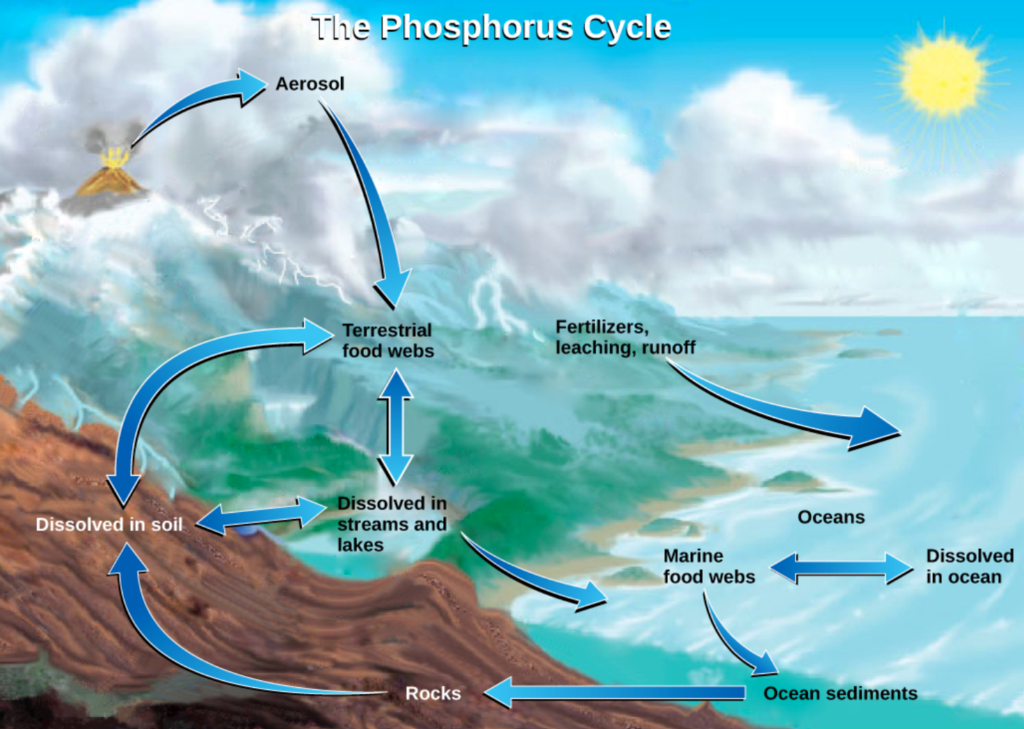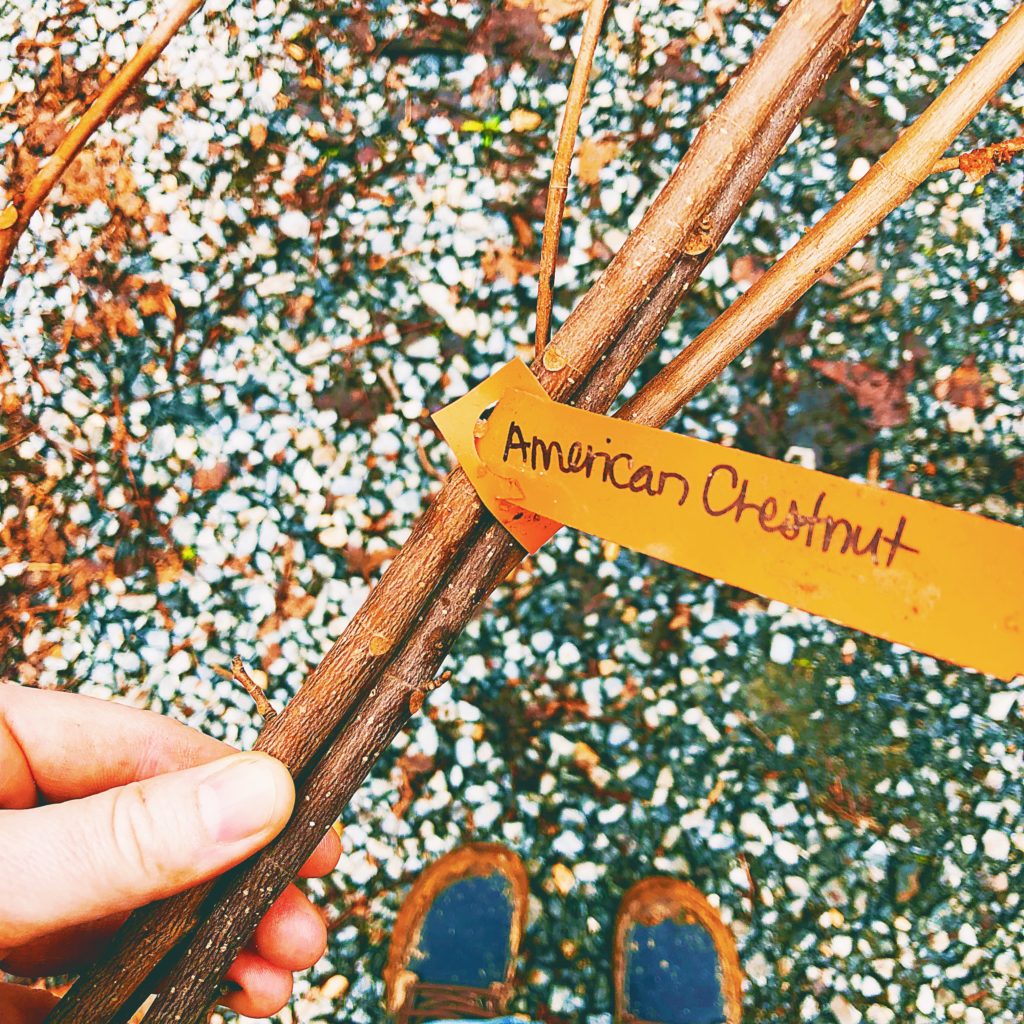Infusing a business with the ethics of natural systems is as much about what you do as it is about how you do it. In 2018, we became a B-Corp, and around the same time, I began studying with the Small Giants Community. Both frameworks advocate for people over profits, and both, in their own right, lay the groundwork for a business being a force for good.
In my own experience as a founder, I cannot understate how important it has been for our growth to focus on aligned company culture (i.e., how we take care of one another) and aligned operations (i.e., what we do). As a permaculture company, we are inherently doing something beneficial for the environment. Still, even within our operations, we have found areas that can be better aligned with our vision and mission.
Let’s take a closer look at the ethics of permaculture and how those work their way into our business model:
CARE FOR THE COMMUNITY
Just as trees are integral in the forests’ nutrient cycle, a business can be integrated into a regenerative economy. This begins with taking care of the community that feeds you, or “feeding in order to be fed.” A great ecological example of this is the relationship between the passenger pigeon and the American chestnut before both went (virtually) extinct. Passenger pigeons were migratory birds that flew south from the Appalachian Mountains to the coastal estuaries in the winter. There, they foraged all winter, uptaking high concentrations of phosphorus, a nutrient that washes from decomposing rock to the ocean floor over millennia, and is largely lacking in the ancient Appalachian Mountains.

When the passenger pigeons migrated back to the mountains, the American chestnuts would have thousands of nuts adorning their branches, where the pigeons would take up residence and eat. There are some old-timer accounts of the chestnut branches being so full of pigeons that there was a 4-foot deep ring of guano at the base of each tree, bringing loads of this necessary nutrient to the forest. Phosphorus is essential for plants’ general health and vigor, and attracting this nutrient through the abundance of fruiting brings health and vigor to the whole forest. The wisdom of the chestnut tree is that one must feed in order to be fed.
Ok, so what does this look like in business? I suppose it could take many forms, but we focus on having a strong company culture for us. One of our core values is to take care of one another, and we do this in several ways, both in our business systems, as well as in how we participate in the community. We choose to always see the humanity in one another so we can be kind, honest, and considerate. We think it is essential to listen. We take our cues from the living world and choose collaboration over competition. We strive to build resilience and fortify biodiversity, both on the ground and in our team. We choose to support diverse vendors and local businesses as a default, and in turn, build the soil of our local economy.

CARE FOR THE EARTH
This ethic informs our business in many ways. We are continually striving to improve our sourcing by choosing vendors that embody our values. We seek out locally grown plants that utilize organic growing practices. We close waste loops by diverting cardboard from the waste stream to utilize in our soil building via “sheet mulching.” We encourage clients to compost yard debris as a result of new landscaping on their sites instead of sending it to a landfill. We value reusing materials, such as repurposing concrete from demolition to be the “gravel base” for drainage, raingardens, and permeable paths. These examples are not always the most cost-effective, but we believe in subverting consumer culture at every chance because where is the true cost? For example, rather than demoing concrete and reusing it, the alternative (and industry standard) is to haul it away to a Construction and Demolition Landfill, while purchasing more gravel that has been mined and extracted from the earth. Reusing is not always the easiest route, but it is the responsible one in many cases.
FAIR SHARE
This example is also known as “share the abundance,” and just like in the passenger pigeon example above, we see this time and again in Nature. Individuals do not live in a vacuum, and when we realize that and choose to share the abundance, the soil that feeds us all grows more fertile. In business, we infuse this ethic through several of our practices.
First of all, it’s vital to pay living wages: to staff, vendors, and the people making goods and products. Global wealth disparity and inequity is perpetuated by companies making a profit off of the backs of their workers, who can then, in turn, barely support their families. We believe strongly that it is the responsibility of companies to pay their employees fair living wages.
In addition, we practice Open Book Management and profit-sharing. Financial transparency protects workers and gives a sense of ownership, so everyone is rewarded for their hard work and efforts. For us, each quarterly staff meeting, we review the current Profit and Loss statement to understand the company’s financial health. Then, at the end of the year, as everyone has participated in meeting the company’s financial goals, a certain percentage of the NET Profit for the year is distributed to the staff. I believe this is an essential tool to hold leaders accountable to the people who make their work possible. There is “i” in illness, but “we” in wellness.
The last way we implement this ethic is through freely sharing knowledge and being willing to learn. When I first came to Atlanta, many colleagues thought it was absurd that I would want to train a future crop of permaculture designers through our annual Permaculture Design Certification. “Aren’t you training up your competition?” they would ask. I suppose through one lens, yes. But through another, functioning ecologies are based on succession. There is no shortage of work to do in this world, and the more the knowledge is spread, the better. Of course, we have paid educational offerings and courses that do a deep dive into how we do what we do. Still, we offer up lots of valuable learning and resources through our blog, newsletter, and social media, as well.
Of course, these examples are merely to show you how we are continually refining to become more aligned with our values, purpose, and vision. I hope you find this helpful as you consider ways to refine and/or build your regenerative enterprise! As always, feel free to leave a comment or question!